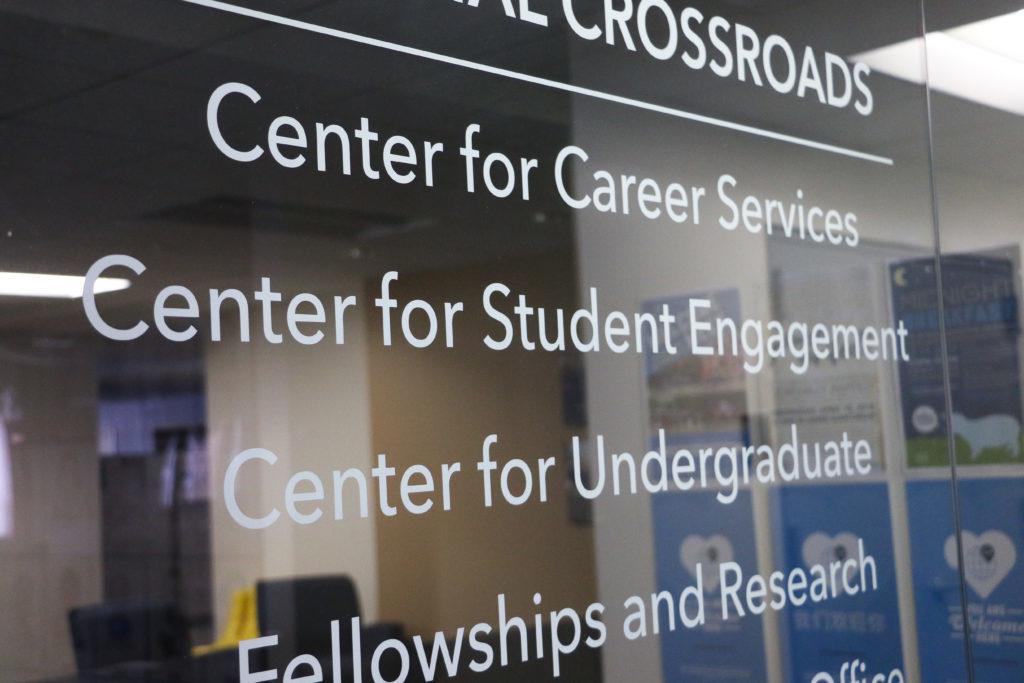A group of 19 students wants to establish the first archaeology fraternity in the nation.
After registering as a student organization in November, Delta Iota Gamma recruited 12 members to its inaugural pledge class earlier this semester. The group plans to become a nationally recognized fraternity by the fall because members want to help students studying archaeology or classics build professional networks – a resource they said is needed on campus.
Members said this semester they’ve worked to trademark the group’s letters and write governing documents. As they continue to gain recognition, they are also planning to host social events, like a Star Wars-themed prom in May and archaeology lectures taught by professionals next semester.
Senior Mason Gerard, the president of Delta Iota Gamma, said the group formed a close friendship during a University-sponsored archaeological dig in Israel last year – which ultimately led to the creation of the organization.
“Getting up at four in the morning to go do manual labor for eight hours definitely does that to people,” Gerard said. “That evolved into what would become Delta Iota Gamma.”
Gerard said members were recruited earlier this semester through word of mouth. He said establishing a group that could help students network in the archaeology and classics fields would build a community for the roughly 20 students who study those majors.
“The kicker now is to transition from a more casual word-of-mouth-style recruitment process to hit the ground running to really get our name out there,” he said. “That’s what we’re aiming for.”
Situated in D.C., members will have access to resources, like Smithsonian museums and historical sites, just blocks from campus so they can meet professionals and visit exhibits, Gerard said.
Members of Delta Iota Gamma said they hope to establish themselves as a professional fraternity to stand alongside seven organizations currently on campus. The fraternity status will also give them more national recognition and encourage students at other universities to start their own chapters.
The University requires that students nominate a chapter president and draft a constitution before they can be recognized as a fraternity.
Junior Cece Chisdock, the group’s treasurer, said being the first archeology fraternity in the nation would draw in support from professionals around the world to help them land jobs or internships. She said their recognition would also draw attention to archaeology programs at GW that often get overshadowed.
“There are different aspects to this school other than international affairs and political science,” Chisdock said.
Chisdock said members of the group want to attend conferences next academic year, like the American Schools for Oriental Research Conference – an annual research summit held in November in Colorado – and travel to local excavation sites with GW’s Classics and Archeology Club, a student organization focused on ancient civilizations.
Junior Lucy Qin, Delta Iota Gamma’s recruitment chair, said during the recruitment process this year, the group held events like informal information sessions and trivia nights for founding members to get to know potential members. She said the group will organize a more formal rush process next year, but the group hasn’t yet mapped out specifics.
She said the group also wants to recruit more “honorary members,” like archaeology professors and experts, next year to help their members build professional relationships.
“DIG is young and still exploring,” Qin said. “Nothing’s set in stone yet on the professional scene as we are just getting started, but we have big plans.”





